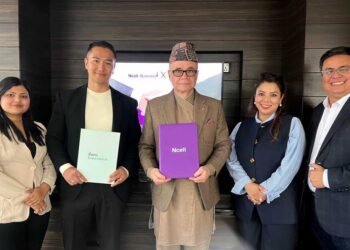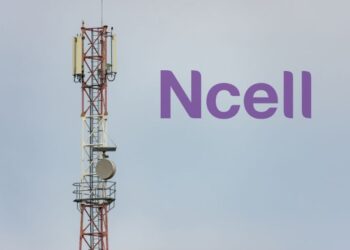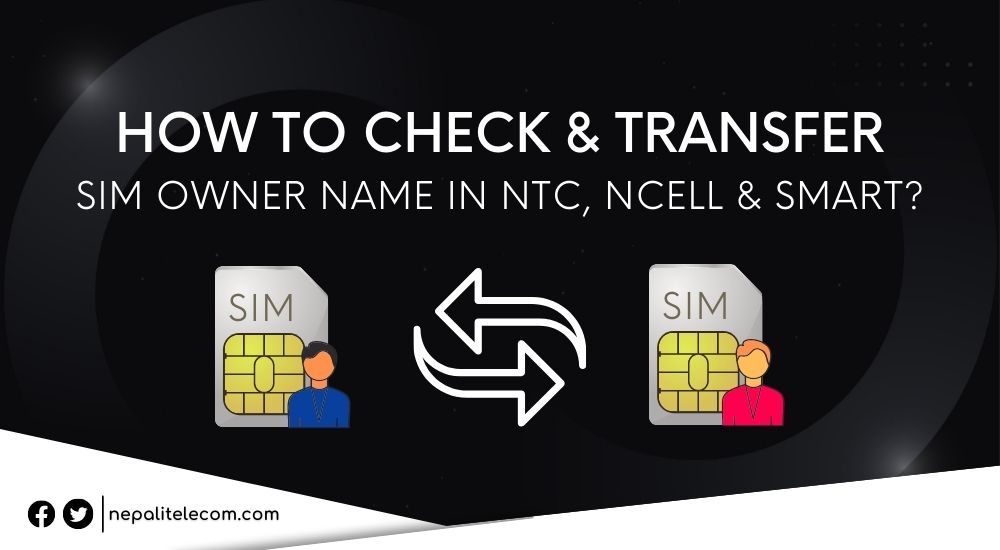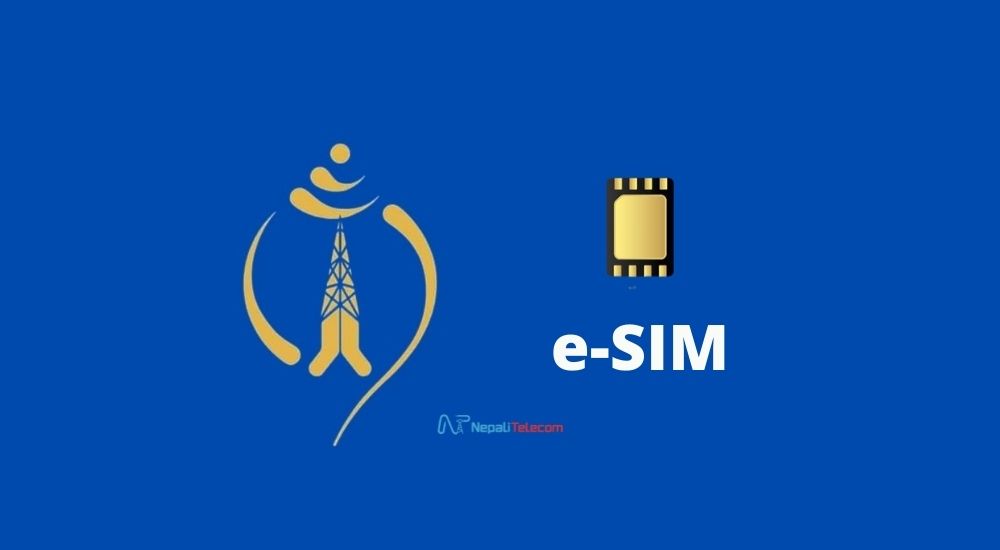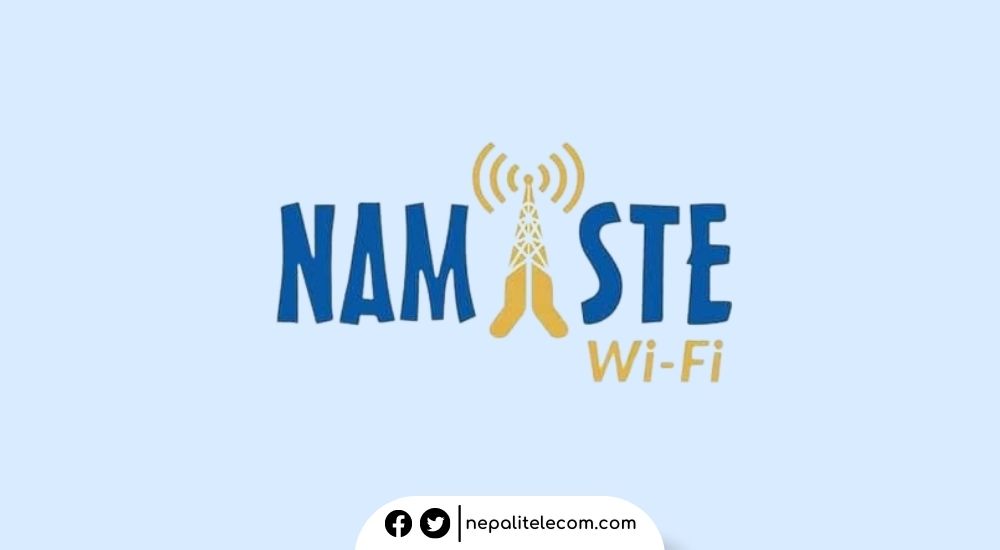Ncell CEO and MD Jabbor Kayumov has stated that launching 5G is difficult for the company in the current scenario. Speaking at a program titled “Conversation with Key Taxpayers: Expectation and Experience”, hosted by Kantipur Media Group, the private telco leader highlighted challenges of the company and the industry in sustaining and introducing latest 5G in Nepal.
In a panel discussion, Kayumov was responding to Anil Keshary Shah, former CEO of Nabil Bank. Kayumov started with the positive. He said that Ncell has very high potential in the industry. He also recalled the time when Ncell liberated the market and brought affordable access of connectivity to the masses. The CEO also highlighted that the private telco has been instrumental in changing lives by providing services to the public.
Kayumov also pointed to the generous contribution of Ncell to the community causes. Ncell leads various corporate social responsibility campaigns in areas of education, health, environment, etc., to uplift underserved communities. It also promotes athletes and sports. Kayumov stressed that Ncell tries to create meaningful value instead of just operating a business.
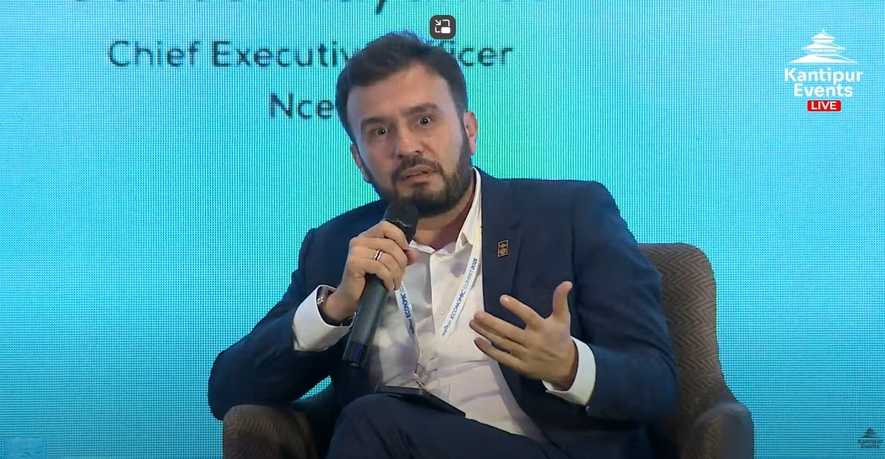
Cheekily, Kayumov remarked that while Ncell is one of the highest taxpaying entities, it’s accused of “not paying taxes”.
Earlier, he mentioned that the company pays 60% of its revenues in taxes, a huge sum for a commercial company. He also said that if Ncell charges Rs 1000 on a service, 60% of that that is Rs 600 goes to the government in taxes.
Also: Ncell Sadhain On data packs | Latest Update 2025
Ncell finds it difficult to launch 5G in current financial conditions
Kayumov said that Ncell will find it difficult to launch 5G in the current financial scenario. He pointed to the declining revenue in the last 5 years. He argued that in the present situation, investing a huge amount in 5G is very unlikely unless the government makes amends to its policies.
He added that the telco industry is very capital intense and so is 5G. Ncell in total pays 60% in taxes to the government, 20% goes to investment in new equipment annually, while 20% goes to BTS installation rent, salaries, and other operation. So, the CEO sees fewer economic viability to start 5G. And also, if people won’t pay for services, bringing 5G would be unjustifiable due to no business cases. That’s one reason Nepali telcos are considering subscription-based telecom services.
Pointing to the financial stats, the CEO highlighted that in around 2012, the telco industry’s contribution to national GDP was over 8%, while it has come down to just over 1% currently.
He mentioned that the telco industry in neighboring countries such as Bangladesh is seeing growth. He mentioned that the reason the industry in these countries is making gains is due to reasonable tax schemes. The government subsidies allow telcos to invest in newer technologies. Tax schemes have only hurt the telcos in Nepal.
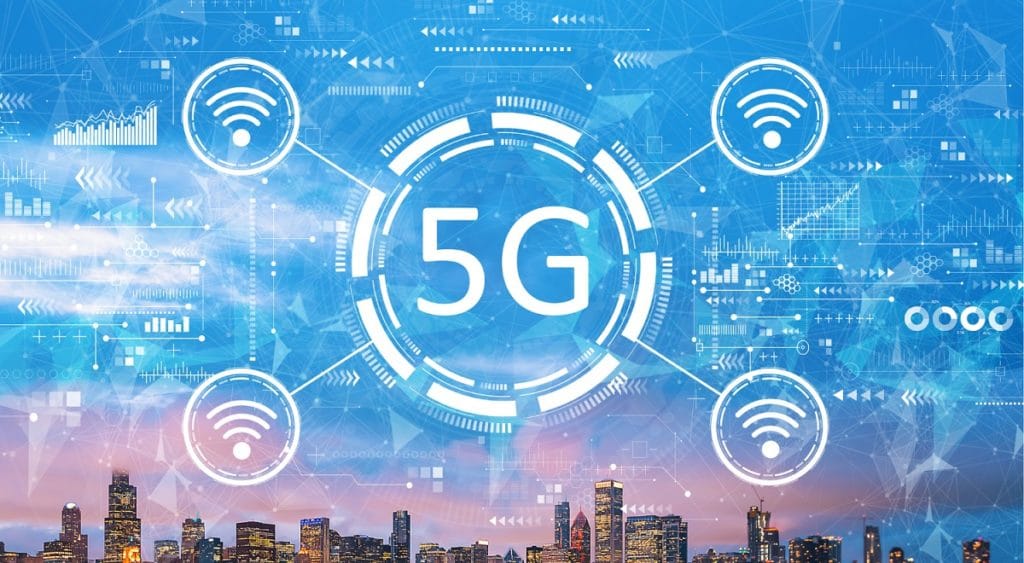
He further added that the company has to spend 20% annually on deploying equipment to ensure high-quality services and the latest tech and innovations. At the same time, the Rs 20 billion license renewal and “unequal” treatment from the government were other detrimental factors to the telco’s growth.
Therefore, to sustain, Ncell has launched renewal packs that works on user payment for subscription to services.
Ncell wants facilitation from government and NTA for 5G and sustenance
Therefore, he said that something has been wrong in the past few years. He strongly called for the government and the regulator, Nepal Telecommunications Authority (NTA), to take the matter seriously.
Kayumov reiterated that Ncell is a big tree of a jungle that provides biggest harvest and needs support from the concerned authority. It can be subsidies or a different tax regime as in other SAARC countries so that it could sustain and also grow.
Check out: Ncell brings unlimited voice and data packs
In essence, Kayumov said that the current industry challenge is very serious and alarming and requires alleviating measures from the government. His admission was that introducing 5G would be unlikely to be constrained by the weak finances.




